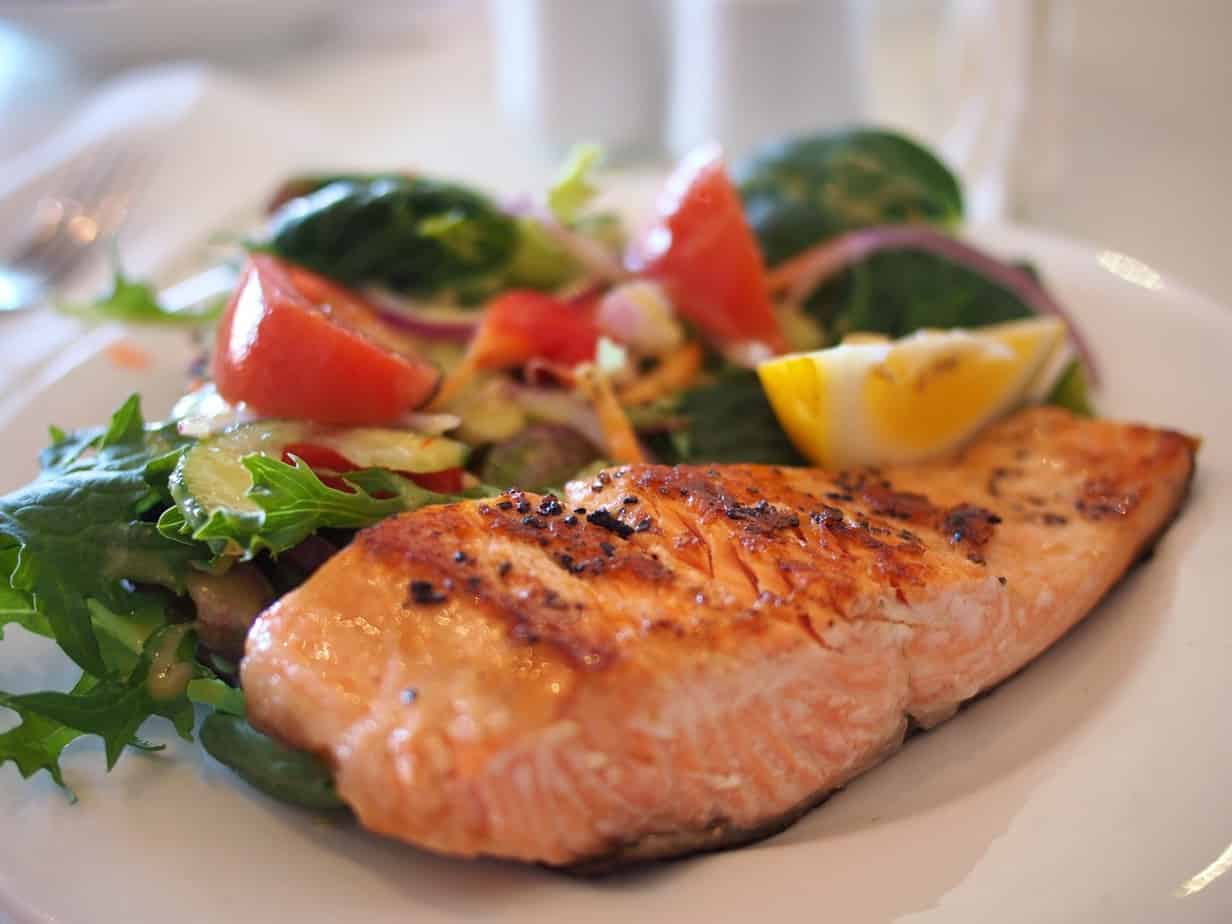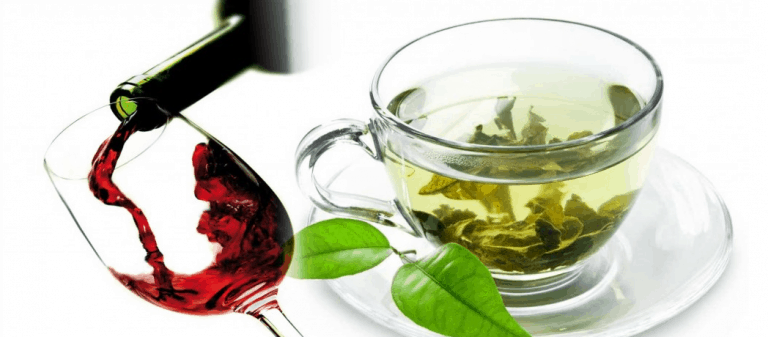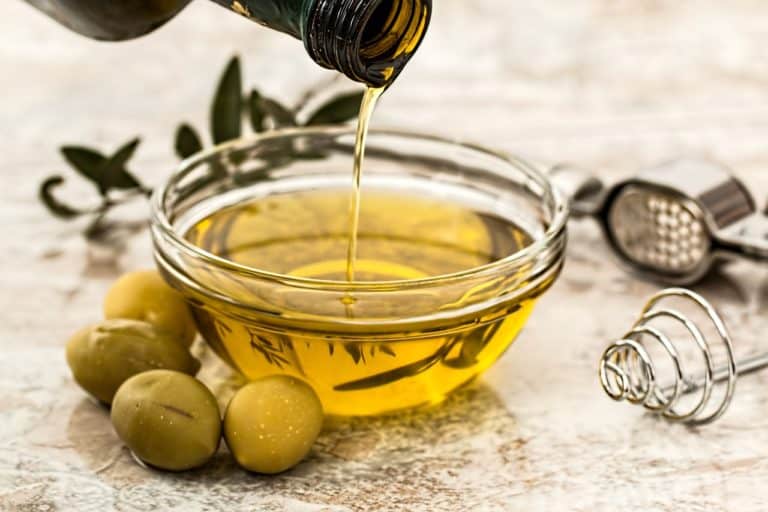Omega-3 fatty acids are an important nutrient for supporting prostate health, and a delicious, nutritious way to get these omega-3s is with salmon.
The meaty texture and light taste of salmon is often enough to convince even people who are not fond of fish to enjoy it on occasion. The flesh of salmon varies in color from red to pink and orange, and some varieties of salmon have greater amounts of omega-3 fatty acids than others.
Experts have found that omega-3 fatty acids in fish may slow prostate tumor development and progression in men who already have the disease, and help prevent the disease from developing in others. Study results published in April 2009 in Clinical Cancer Research reported that eating fish like salmon at least once a week may reduce a man’s risk of developing advanced prostate cancer even if he is genetically predisposed to getting the disease.
A British study published in 2009 reported that omega-3 fatty acids, and especially eicosapentaenoic acid (EPA) and docosahexaenoic acid (DHA), the two main omega-3s found in oily fish like salmon, have powerful anti-angiogenic effects, which means they fight the development of blood vessels that nourish tumors.
One question about salmon is whether to buy wild or farmed fish. Research commissioned by the Pew Foundation shows that farmed salmon had significantly more concentrated toxins than wild salmon. Farmed salmon are also fed antibiotics to prevent disease and dyes to give them color. Therefore there is evidence that wild salmon is a healthier choice.
Read more in our Omega-3 Buyers Guide







